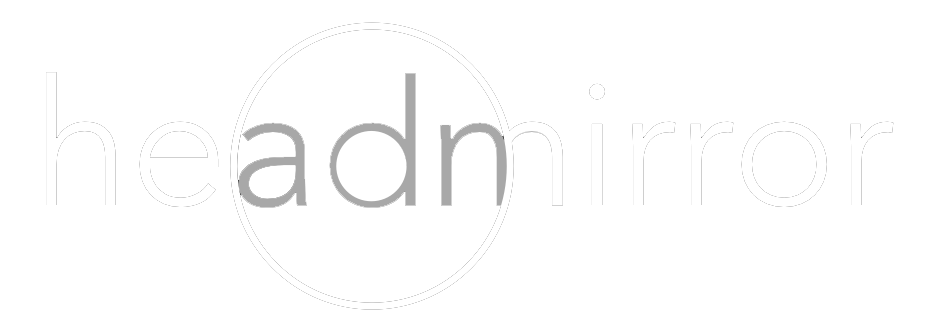After finishing my Neurotology Fellowship, I weighed several factors to decide on a career path. The biggest decision I faced was whether to pursue a private practice or academic opportunity. Many of us in our training have had ample opportunity to spend time with academic physicians, but little time is spent with those in the private practice setting. That makes the decision daunting as it can feel like we are heading out into the unknown if choosing a private practice model. The benefits of private practice include autonomy in terms of controlling my schedule, my efficiency, my ability to make decisions in the office setting, and increased income potential. Patient care is the driving force in private practice. There is no administrative time or basic science research focus. The downside of this type of practice is the time and energy requirement. Because there is no administrative/research/protected time, evenings and weekends may be spent in office meetings, billing/coding audits, or audiology staff meetings. An academic career allows one to teach the upcoming residents and fellows and to pursue research endeavors with more protected time provided. A challenge in an academic model is lack of entrepreneurial spirit.
I chose a single specialty group private practice model that also provides me the privilege of academic affiliation and an ACGME-approved Neurotology Skull Base Fellowship. This arrangement allows me to pursue research projects, publications, and resident/fellow teaching with more autonomy than in a formal academic position.
My practice is enjoyable, stimulating, and frustrating, all at the same time. I wouldn't want it any other way. We perform a variety of ear and skull base procedures on a regular basis, ranging from simple to the very complicated surgeries. We have routine didactic lectures, radiology teaching conferences, morbidity/mortality conferences, and journal club discussions.
In private practice, the practitioner dictates how things get done and efficiency is the key, whether in the office setting or in the operating room. There is little lag time or layers of management to delay the process. Decisions are made swiftly after all options are weighed. Becoming an effective leader is necessary to have a successful practice, much as required of the chairman of a department in an academic setting. I have learned the communication skills necessary to become effective, as well as the ability to show empathy, manage budgets, resolve conflicts, and inspire those around me to excel at their daily activities. Obviously, this requires a significant time commitment.
Ancillary income in private practice is attractive. In our practice, audiology services such as testing and aural rehabilitation, provide revenue that helps to offset reimbursement decreases that may arise. Other practitioners may use allergy testing and treatment, real estate ownership, and surgery center partnerships to enhance their income. The more time and effort I put towards patient care, the more rewards I receive financially. Conversely, if I slow down to spend more time with the family, I may still receive some ancillary income that may offset my decrease in collections.
Overall, I have been fortunate to have the opportunity to have a hybrid model of both private and academic practice. I love the entrepreneurial opportunities of being in a private practice. Being in control is the most significant advantage and can make private practice lucrative. I have learned how to manage people, how to communicate effectively, how to inspire those around me to excel, and how to create financial opportunities on a regular basis. With this, there is the downside of the time commitment necessary as well as being inundated with the daily intricacies and obstacles of maintaining a vibrant practice. Having the residents and fellows as part of my practice keeps me stimulated to pursue academic endeavors, refreshed, and on the cutting edge, so that I can pass on skills to the next generation.
Seilesh C. Babu, MD
Otology, Neurotology, & Skull Base Surgery
Michigan Ear Institute

